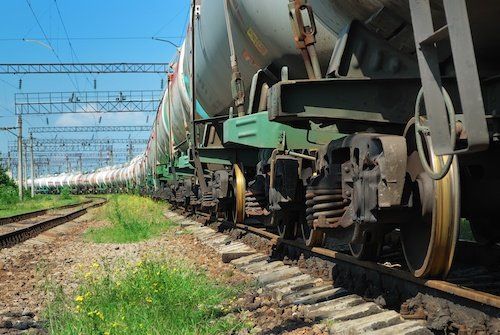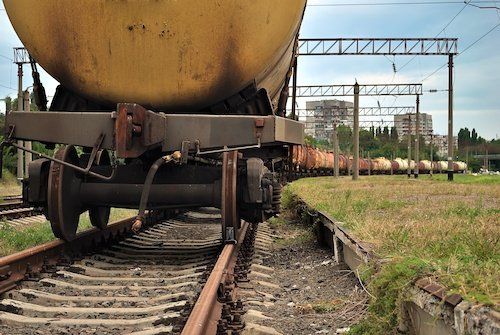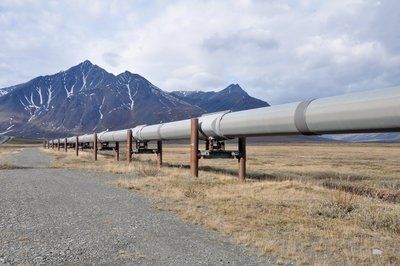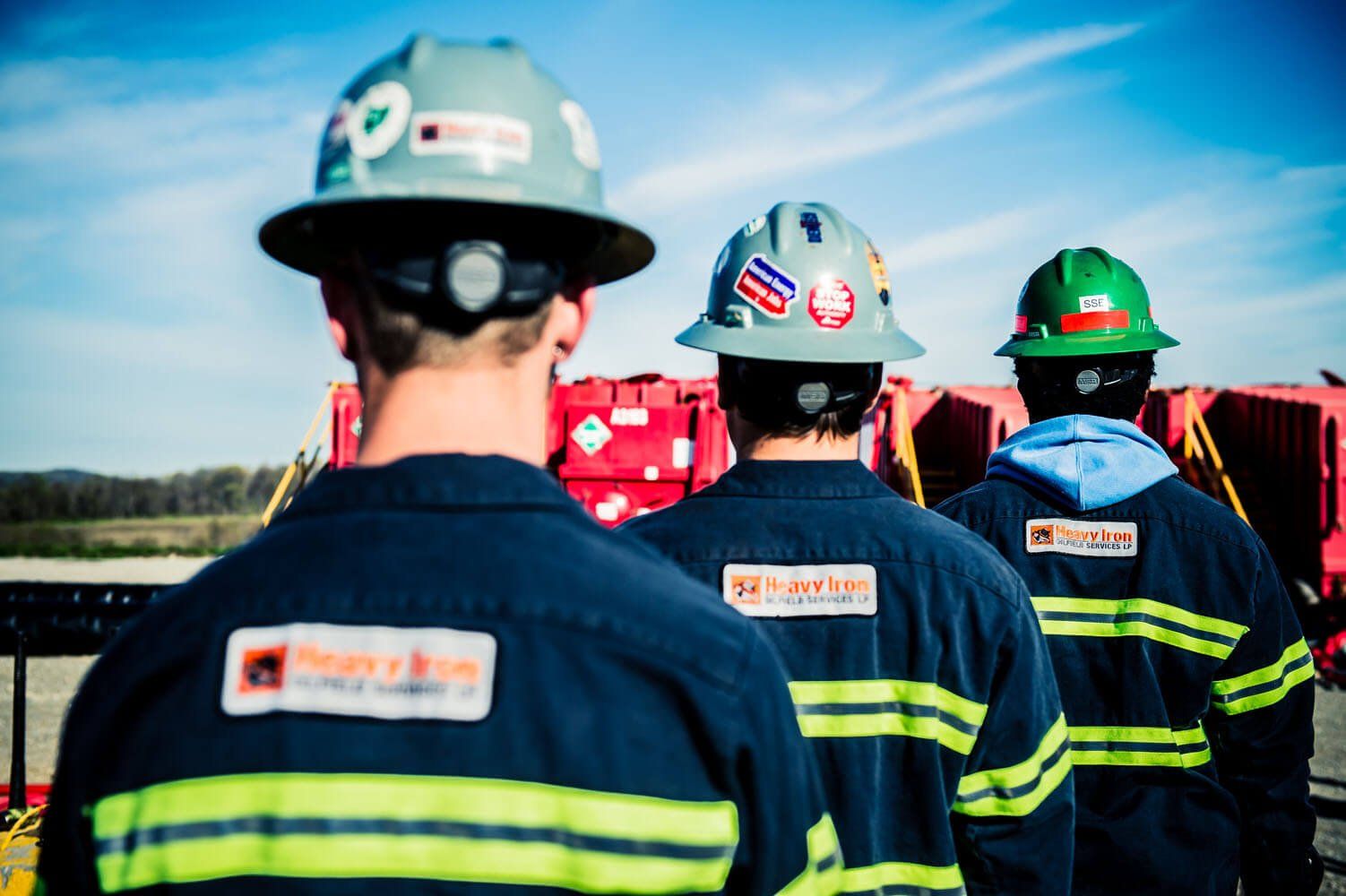HEAVY IRON NEWS
Should PA Be Evaluating Oil Train Safety?

With U.S. crude oil production and supply rapidly increasing , train shipments have also gone up considerably. Many of the states affected by this transportation increase have reevaluated their oil train safety and either implemented or begun to implement additional regulations. Pennsylvania remains one of the few states that hasn't implemented any new regulations, leading many to question whether or not the state's oil train safety is up to par.
PENNSYLVANIA'S OIL TRAIN SAFETY REPORT
The safety of Pennsylvania's rail situation hasn't gone entirely unacknowledged. In April of 2015, the Governor of Pennsylvania requested a comprehensive Oil Train Safety Report, to be prepared by Dr. Allan Zarembski. Within the report, Dr. Zarembski made 27 recommendations to further increase the safety of the oil train system. Acting on his own, the Governor both wrote letters to the local oil train companies and to the federal government, in hopes of improving safety and increasing federal regulations. The oil train report itself addressed three key areas of safety: the risk of derailment, the risk of oil tank breach, and the risk of regulatory oversights. There were 18 major recommendations throughout the safety report, which ranged from increasing railway inspections to installing Wheel Impact Load Detectors as necessary.
PENNSYLVANIA SENATORS ARE EVALUATING OPTIONS
Despite the oil train safety reports, legislators have been hesitant to introduce new measures. Those on the transportation committee declined to comment until decisions have been made regarding a course of action, and other senators involved stated that new regulations could potentially overreach into federal jurisdictions. As many of the oil trains are transporting along railway lines through Pennsylvania, new regulations could potentially fall under the jurisdiction of the federal government rather than the state. Meanwhile, oil transportation and railway companies are working to improve their own safety, without the perceived need for additional legislation.Both Norfolk Southern and CSX have commented that safety is one of their primary concerns.
THE NEED FOR OIL AND TRAIN SAFETY

Historically, the danger from transporting crude oil has not originated from the oil itself but instead due to the mechanical or track failure of the trains. The most significant train derailment and accident within Pennsylvania was an Amtrak train transporting passengers. Comparatively, the risks that oil trains bring are minimal, and are largely related to an increase in train traffic itself, rather than to an increase in crude oil transportation. If the oil transportation companies are earnest about improving their own safety performance, there may be no need for additional regulations.
Pennsylvania's legislators remain largely silent regarding the question of oil and train safety. Moreover, they may not become necessary. As of yet, there has not been a significant danger shown by the increased presence of oil trains throughout the state. Additional regulations could simply reduce the amount of money that is being brought into the state by the new oil industry and the financial influx brought in by oil transportation. The report requested by the Governor of Pennsylvania can easily be used by the private oil train companies to improve their safety independently. To learn more about safety within the oil field and transportation industry, you can contact Heavy Iron Oilfield Services LP.
Subscribe to Email Updates
Recent Post





